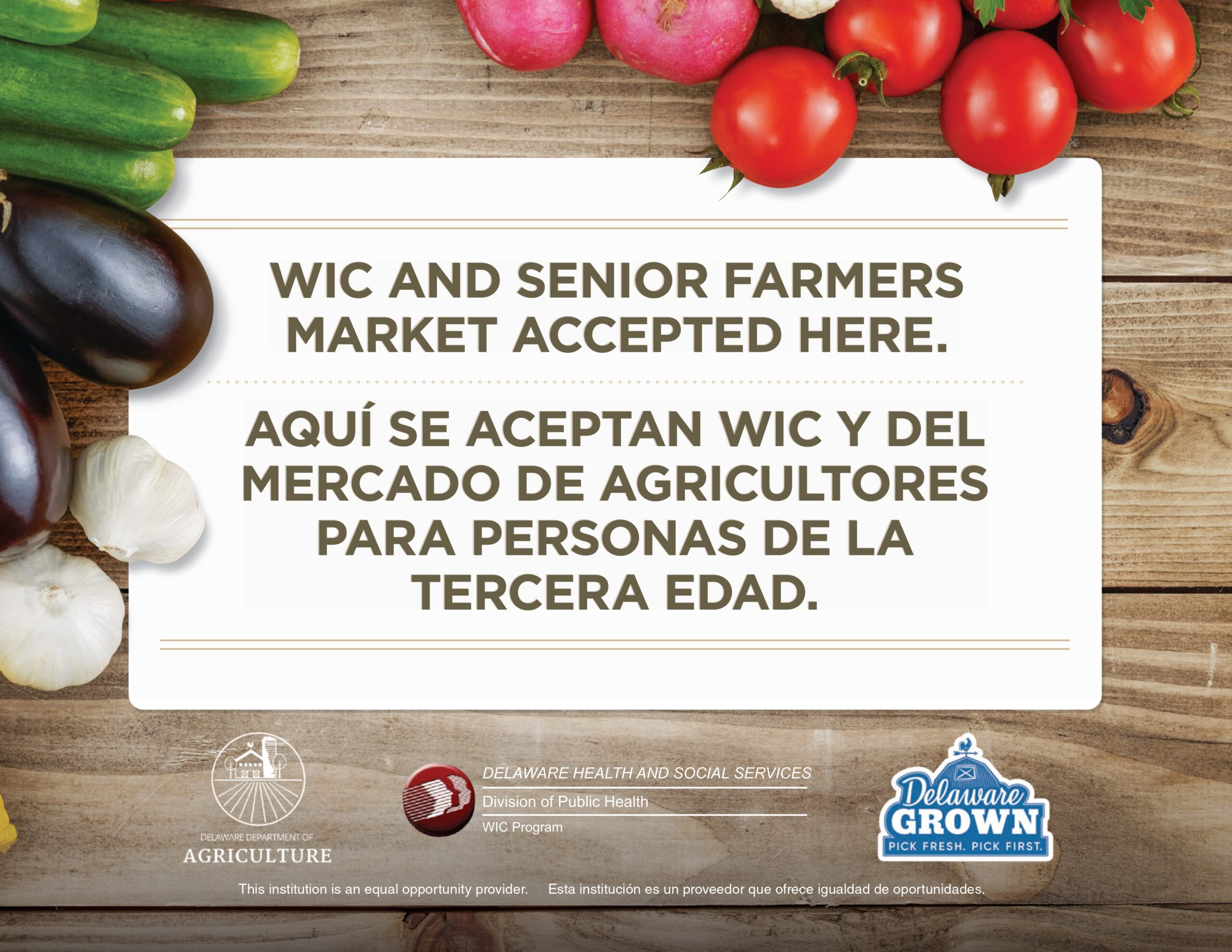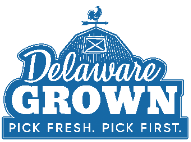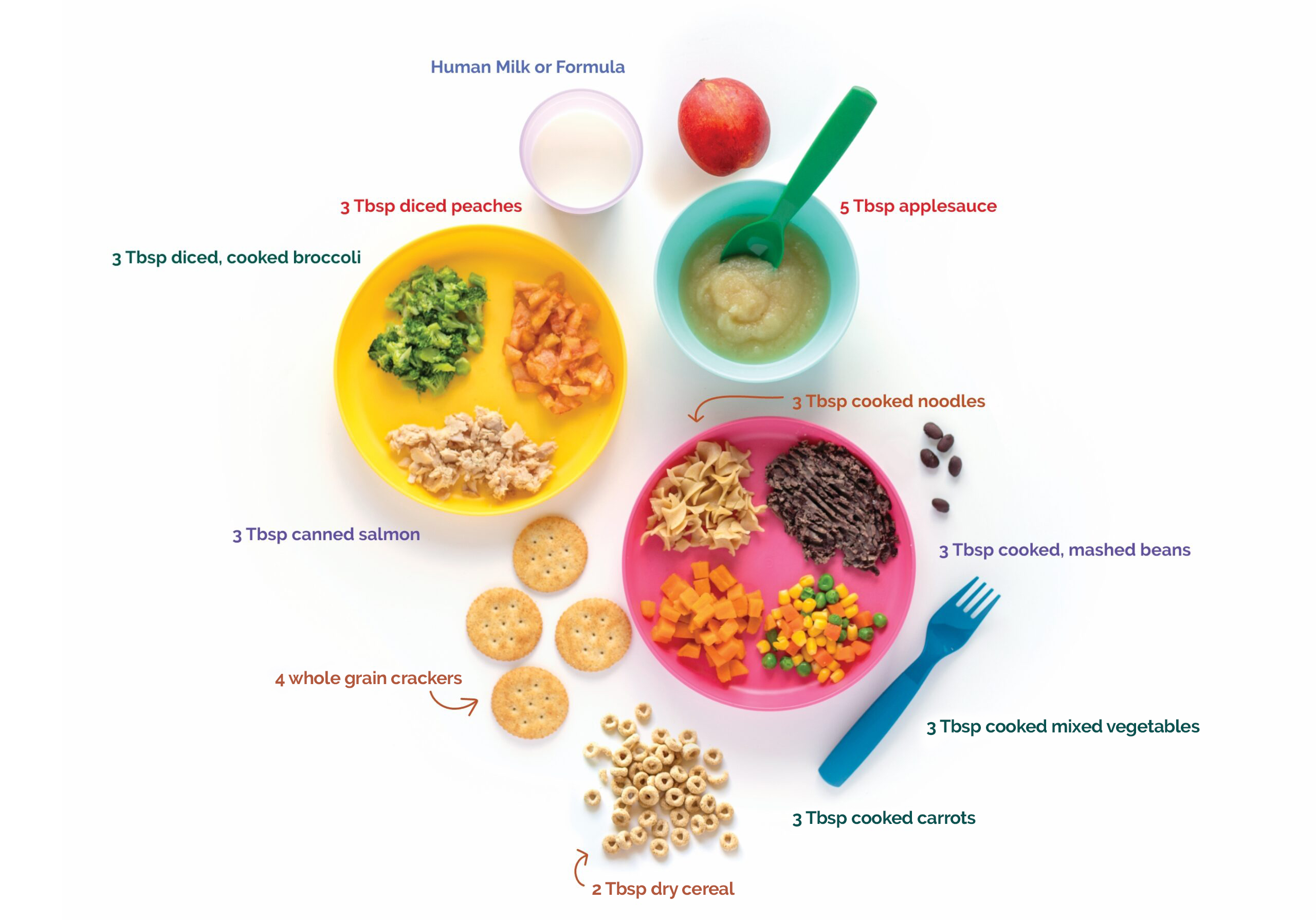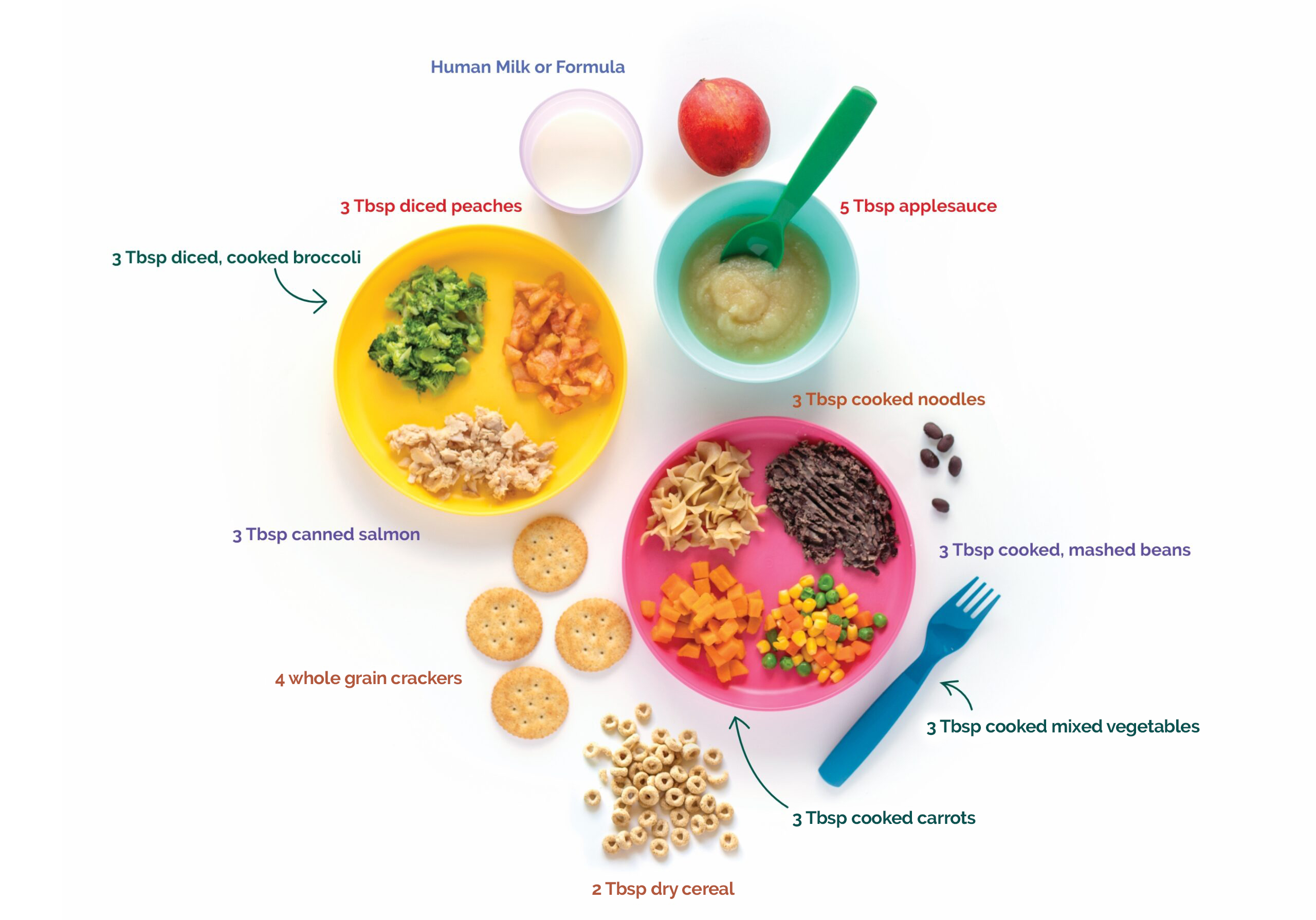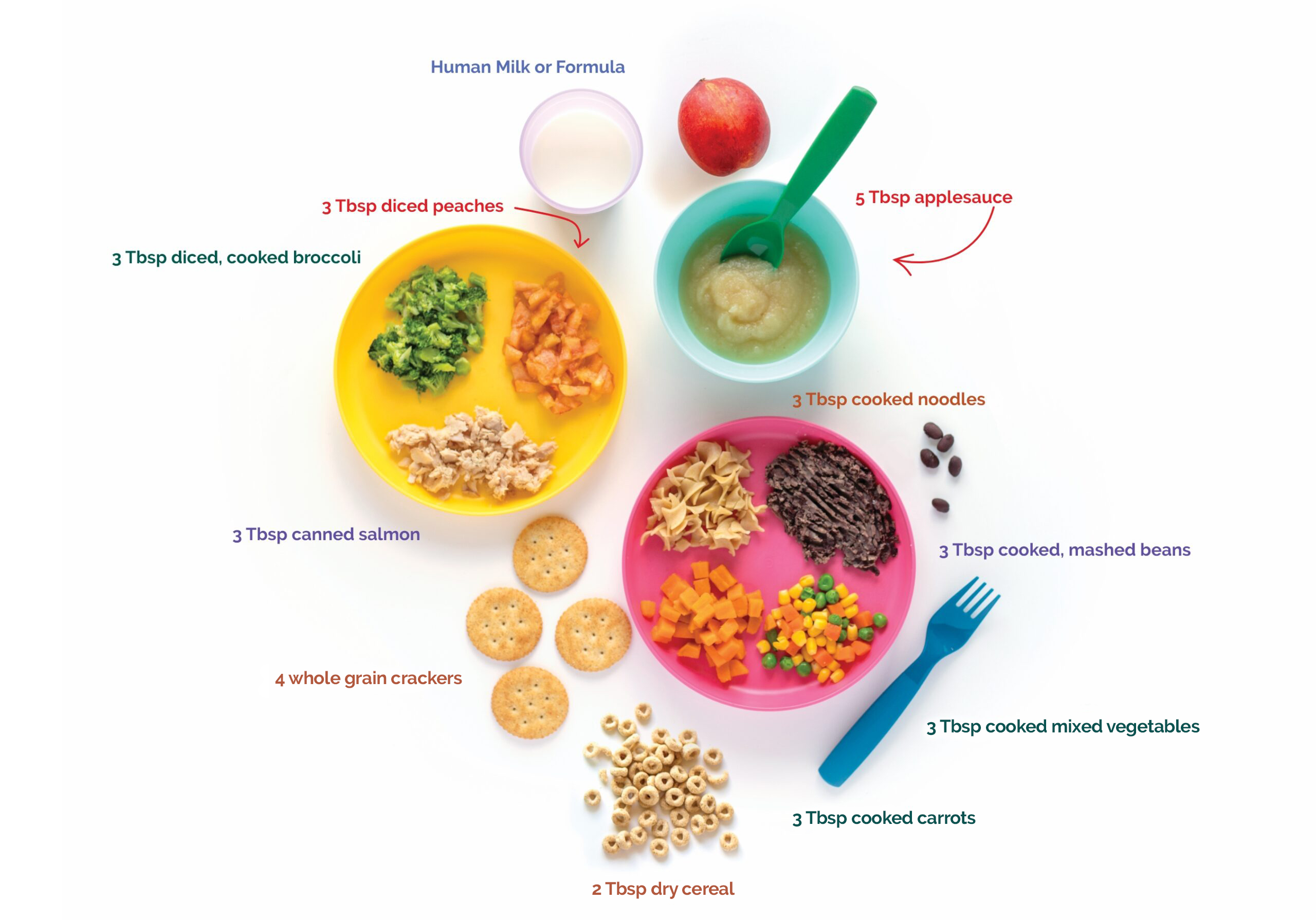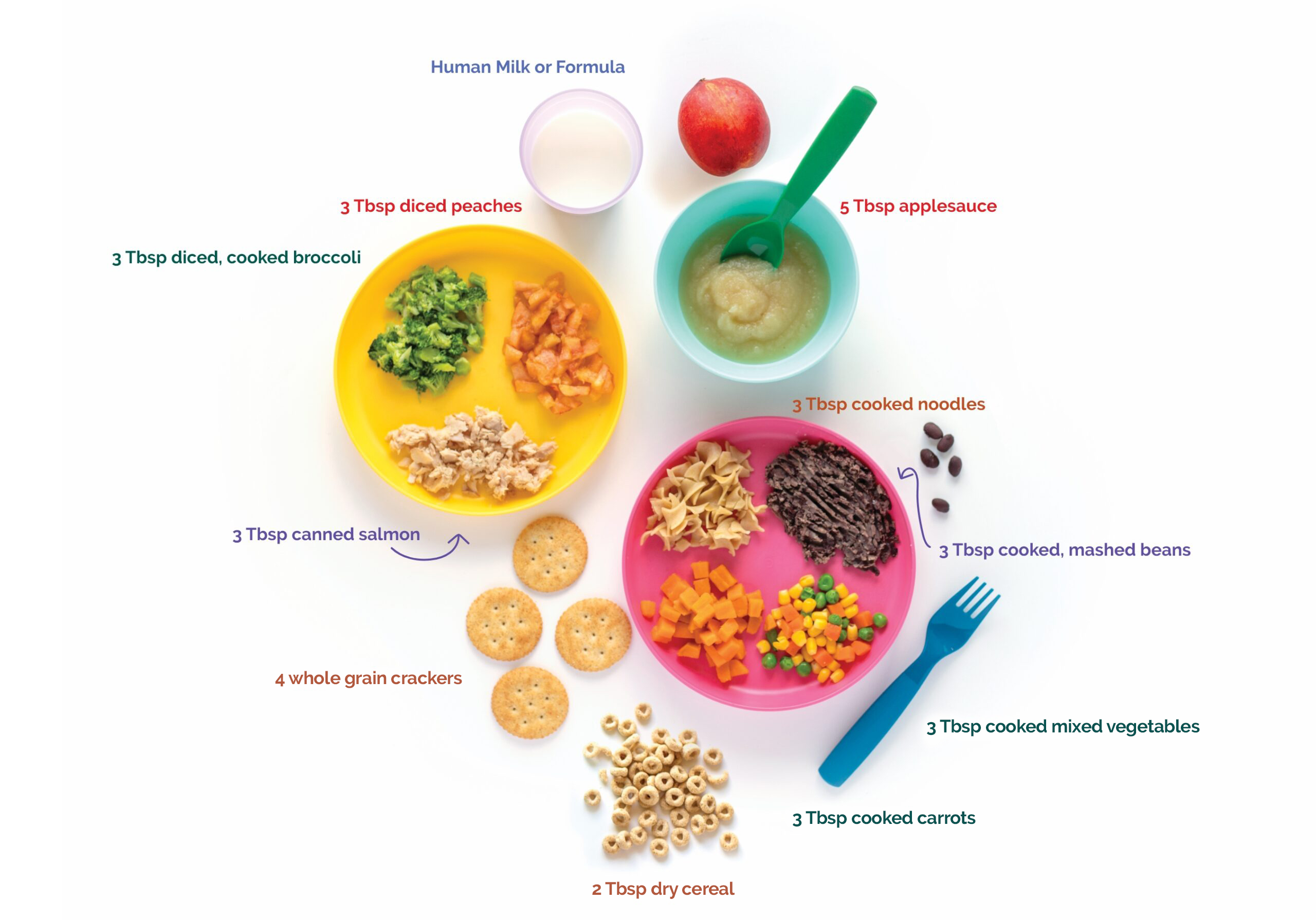Delaware Farmers Market
-
Adkins Produce
32008 Long Neck Road
Millsboro, DelawareTime: Daily 10:00 a.m. - 5:00 p.m.
Group: On-Farm Market in Sussex County
-
Bellevue Farmers Market
Bellevue Community Center
510 Duncan Road
Wilmington, DelawareTime: Fridays 3:00 p.m. - 7:00 p.m.
Dates: May 2 to October 17
Group: On-Farm Market in New Castle County
-
Bethany Beach Farmers Market
Garfield Pkway & Pennsylvania Ave.
Bethany Beach, DelawareTime: Sundays 8:00 a.m. - 12:00 p.m.
Dates: June 1 to August 31
Group: On-Farm Market in Sussex County
-
Brandywine Park Farmers Market
1004 N. Park Drive
Wilmington, DelawareTime: Saturdays 9:00 a.m. - 12 p.m.
Dates: May 3 to October 25
Group: On-Farm Market in New Castle County
-
Carousel Park Farmers Market
Carousel Park
3700 Limestone Road
Wilmington, DelawareTime: Fridays 2:00 p.m. - 6:00 p.m.
Dates: May 2 to October 31
Group: On-Farm Market in New Castle County
-
Co-Op Farmers Market
Newark Shopping Center
230 E. Main Street
Newark, DelawareTime: Sundays 9:30 a.m. - 2:00 p.m.
Dates: May 4 to November 23
Group: On-Farm Market in New Castle County
-
DTCC Owens Campus Farm Stand
21179 College Drive
Georgetown, DelawareTime: Tuesdays 1:00 p.m. - 4:00 p.m.
Group: On-Farm Market in Sussex County
-
Evans Farm Produce
9843 Seashore Hwy
Bridgeville, DelawareTime: Daily 8:00 a.m. - 8:00 p.m.
Group: On-Farm Market in Sussex County
-
Fifer’s Farm & County Store
1919 Allabands Mill Road
Wyoming, DelawareTime: Monday – Saturday 10:00 a.m. - 5:00 p.m.
Group: On-Farm Market in Kent County
-
Food Bank of Delaware Farm Stand
222 Lake Drive
Newark, DelawareTime: Tuesday – Thursday 11:00 a.m. - 2:00 p.m.
Group: On-Farm Market in New Castle County
-
Glasgow Park Farmers Market
Glasgow Park
2275 Pulaski Hwy
Newark, DelawareTime: Thursdays 3:00 p.m. - 7:00 p.m.
Dates: May 1 to October 30
Group: On-Farm Market in New Castle County
-
Historic Farmers Market at Crooked Hammock
37707 Crooked Hammock Way
Lewes, DelawareTime: Wednesdays 8:00 a.m. - 11:30 a.m.
Dates: June 4 to September 3
Group: On-Farm Market in Sussex County
-
Historic Lewes Farmers Market – Fall
Lewes Elementary School
800 Savanah Road
Lewes, DelawareTime: Saturdays 9:00 a.m. - 12:00 p.m.
Dates: October 4 to November 22
Group: On-Farm Market in Sussex County
-
Historic Lewes Farmers Market – Spring/Summer
George HP Smith Park
DuPont & Johnson Avenues
Lewes, DelawareTime: Saturdays 8:00 a.m. - 12:00 p.m.
Dates: May 3 to September 27
Group: On-Farm Market in Sussex County
-
Hops and Crops Market
413 S Bedford Street
Georgetown, DelawareTime: Wednesdays 4:00 p.m. - 7:00 p.m.
Dates: 1st & 3rd Wednesdays in June, July, and August
Group: On-Farm Market in Sussex County
-
Kalmar Farm
4351 Canterbury Road
Harrington, DelawareTime: Monday – Friday 10:00 a.m. - 5:30 p.m. / Saturdays 10:00 a.m. - 2:00 p.m.
Group: On-Farm Market in Kent County
-
Little Wagon Produce
2667 Seashore Hwy
Greenwood, DelawareTime: Daily 9:00 a.m. - 4:00 p.m.
Group: On-Farm Market in Sussex County
-
Magee Farms – Lewes
33761 Westcoasts Road
Lewes, DelawareTime: Daily 9:00 a.m. - 5:00 p.m.
Group: On-Farm Market in Sussex County
-
Magee Farms – Selbyville
34857 Lighthouse Road
Selbyville, DelawareTime: Daily 9:00 a.m. - 5:00 p.m.
Group: On-Farm Market in Sussex County
-
Marvelous Produce
Lowe’s Parking Lot
22880 Sussex Hwy
Seaford, DelawareTime: Monday – Saturday 9:00 a.m. - 6:00 p.m. / Sunday 10:00 a.m. - 6:00 p.m.
Group: On-Farm Market in Sussex County
-
Middletown Farmers Market
204 E Main Street
Middletown, DelewareTime: Saturdays 9:00 a.m. - 12:00 p.m.
Dates: May 3 to October 25
Group: On-Farm Market in New Castle County
-
Milton Farmers and Artisans Market
514 Union Street
Milton, DelawareTime: Fridays 3:30 p.m. - 6:00 p.m.
Dates: May 16 to September 26
Group: On-Farm Market in Sussex County
-
Modern Maturity Farmers Market
Modern Maturity Center
1121 Forrest Avenue
Dover, DelawareTime: Thursdays 11:00 a.m. - 1:30 p.m.
Dates: June 19 to November 20
Group: On-Farm Market in Kent County
-
Nassau Valley Vineyards Farmers Market
32165 Winery Way
Lewes, DelawareTime: Sundays 12:00 p.m. - 3:00 p.m.
Dates: May 4 to October 26
Group: On-Farm Market in Sussex County
-
New Castle Saturday Market
211 Delaware Street
New Castle, DelawareTime: Saturdays 9:00 a.m. - 1:00 p.m.
Dates: May 3 to October 25
Group: On-Farm Market in New Castle County
-
Northside Food and Culture Market
801 W. 30th Street
Wilmington, DelawareTime: Thursdays 4:00 p.m. - 7:00 p.m.
Dates: June 26 to October 30
Group: On-Farm Market in New Castle County
-
Parsons Farm Produce
30381 Armory Road
Dagsboro, DelawareTime: Daily 8:00 a.m. - 6:00 p.m.
Group: On-Farm Market in Sussex County
-
Parsons Farms on Slaughter Creek
9598 Coastal Hwy
Milford, DelawareTime: Daily 9:00 a.m. - 5:00 p.m.
Group: On-Farm Market in Sussex County
-
Rehoboth Beach Farmers Market
Grove Park Adjacent to Lighthouse Circle
Rehoboth Avenue
Rehoboth Beach, DelawareTime: Tuesdays 10:00 a.m. - 2:00 p.m.
Dates: May 6 to October 28
Group: On-Farm Market in Sussex County
-
Riverwalk Farmers Market
Riverwalk Park
South Walnut Street
Milford, DelawareTime: Saturdays 9:00 a.m. - 1:00 p.m.
Dates: May 3 to December 20
Group: On-Farm Market in Sussex County
-
Sea Colony Farmers Market
33546 Market Place
Bethany Beach, DelawareTime: Wednesdays 8:00 a.m. - 12:00 p.m.
Dates: June 4 to August 27
Group: On-Farm Market in Sussex County
-
The Homestead Market
24171 Chapel Branch Road
Seaford, DelawareTime: Tuesdays – Saturday 9:00 a.m. - 6:00 p.m. / Sunday 10:00 a.m. - 5:00 p.m.
Group: On-Farm Market in Sussex County
-
The Market at Coverdale
543 Way Road
Greenville, DelawareTime: Fridays 12:00 p.m. - 6:00 p.m.; Saturdays 10:00 a.m. - 5:00 p.m.; Sundays 11:00 a.m. - 3:00 p.m.
Group: On-Farm Market in New Castle County
-
Tidal Farmers Market
1456 Frederica Road
Frederica, DelawareTime: Sundays 9:00 a.m. - 1:00 p.m.
Dates: May 25 to September 28
Group: On-Farm Market in Kent County
-
TS Smith Orchard Point Market
9045 Redden Road
Bridgeville, DelawareTime: Daily 7:00 a.m. - 6:00 p.m.
Group: On-Farm Market in Sussex County
-
West Side Grows Farmers Market
Cool Spring Park
W 10th & N Van Buren Streets
Wilmington, DelawareTime: Wednesdays 3:30 p.m. - 6:30 p.m.
Dates: June 25 to October 31
Group: On-Farm Market in New Castle County
-
Wheeley’s at Penn Farm
Penn Farm
791 Frenchtown Road E
New Castle, DelawareTime: Tuesdays 12:00 p.m. - 5:00 p.m.
Dates: June 24 to September 23
Group: On-Farm Market in New Castle County
-
Wilmington Farmers Market
Rodney Square
1000 N Market Street
Wilmington, DelawareTime: Wednesdays 10:00 a.m. - 2:00 p.m.
Dates: May 7 to October 31
Group: On-Farm Market in New Castle County
 Kent County
Kent County New Castle County
New Castle County Sussex County
Sussex County
Kent County
Modern Maturity Farmers Market
Modern Maturity Center
1121 Forrest Ave., Dover, DE
Tidal Farmers Market
1313 Frederica Road, Frederica, DE
On-Farm Markets
Fifer’s Farm & County Store
1919 Allabands Mill Road, Wyoming, DE
Kalmar Farm
4351 Canterbury Road, Harrington, DE
New Castle County
Bellevue Farmers Market
Bellevue Community Center
510 Duncan Road, Wilmington, DE
Carousel Park Farmers Market
Carousel Park
3700 Limestone Road, Wilmington, DE
Co-Op Farmers Market
Newark Shopping Center
230 E. Main Street, Newark, DE
Glasgow Park Farmers Market
Glasgow Park
2275 Pulaski Highway, Newark, DE
Northside Food and Culture Market
Todd Memorial Park
Baynard Blvd and W. 18th St., Wilmington, DE
North Wilmington Library
3400 N. Market Street, Wilmington, DE
Haynes Park
4398 Miller Road, Wilmington, DE
Middletown Farmers Market
204 E. Main Street, Middletown, DE
West Side Grows Farmers Market
Cool Spring Park
W. 10th and N. Van Buren Streets, Wilmington, DE
Wheeley’s Produce Stand
Penn Farm 791 Frenchtown Road E., New Castle, DE
Wilmington Farmers Market
Rodney Square
1000 N Market St, Wilmington, DE
New Castle Saturday Market
211 Delaware Street, New Castle, DE
On-Farm Markets
Food Bank of Delaware Farm Stand
222 Lake Drive, Newark, DE
The Market at Coverdale
543 Way Road, Greenville, DE
Sussex County
Bethany Beach Farmers Market
Garfield Parkway & Pennsylvania Ave. Bethany Beach, DE
Historic Lewes Farmers Market
Spring/Summer Location:
George HP Smith Park
DuPont & Johnson Avenues, Lewes, DE
Historic Lewes Farmers Market
Fall Location:
Lewes Elementary School
800 Savanah Road, Lewes, DE
Historic Lewes Farmers Market
Crocked Hammock
37707 Crooked Hammock Way, Lewes, DE
Hops & Crops Market
413 S. Bedford Street, Georgetown, DE
Nassau Valley Vineyards Farmers Market
32165 Winery Way, Lewes, DE
Rehoboth Beach Farmers Market
Grove Park adjacent to Lighthouse Circle
Rehoboth Avenue, Rehoboth Beach, DE
Riverwalk Farmers Market
Riverwalk Park
South Walnut Street, Milford, DE
Sea Colony Farmers Market
33546 Market Place, Bethany Beach, DE
On-Farm Markets
Adkins Produce
32008 Long Neck Road, Millsboro, DE
DTCC Owens Campus Farm Stand
21179 College Drive, Georgetown, DE
Evans Farm Produce
9843 Seashore Hwy, Bridgeville, DE
Little Wagon Produce
2667 Seashore Hwy, Greenwood, DE
Magee Farms – Lewes
33761 Westcoasts Road, Lewes, DE
Magee Farms – Selbyville
34857 Lighthouse Road, Selbyville, DE
Marvelous Produce
Lowe’s Parking Lot – CLOSED FOR THE SEASON
22880 Sussex Hwy, Seaford, DE
Parsons Farm Produce
30381 Armory Road, Dagsboro, DE
The Homestead Market
24171 Chapel Branch Road, Seaford, DE
TS Smith and Sons
9045 Redden Road, Bridgeville, DE
ELIGIBLE FRUITS, VEGETABLES, AND HERBS
Locally grown produce only
Fruits (raw or fresh only):
- apples
- apricots
- blackberries
- blueberries
- cherries
- chokecherries
- crabapples
- currants
- elderberries
- gooseberries
- grapes
- mulberries
- raspberries
- strawberries
- pawpaws
- peaches
- pears
- plums
- persimmons
Herbs (fresh cut only):
- anise
- basil
- bay leaves
- borage
- calamints
- chamomile
- chervil
- chives
- cilantro
- coriander
- dill fennel
- germander
- hyssops
- lemongrass
- laurels
- lavender
- lemonbalm
- lovage
- marjoram
- mints
- nasturtium
- parsley
- plectranthus
- oregano
- rosemary
- sage
- santolina
- savory
- silver beauties
- sorrel
- thymes
- tarragon
- fresh locally produced oriental herbs
Vegetables (raw or fresh only):
- arugula
- asparagus
- artichokes
- beans
- beets
- broccoli
- broccoli rabe
- brussel sprouts
- cabbage
- cantaloupe
- calabaza
- carrots
- cauliflower
- celeriac
- celery
- chayote
- chard
- collards
- mustard and turnip greens
- sweet corn and fresh Indian corn (blue, red, multicolored)
- cucumbers
- dandelion greens
- eggplant
- epazote
- garlic
- Florence fennel
- green onions
- horseradish
- Jerusalem
- artichokes
- kale
- kohlrabi
- leeks
- lettuces
- melons
- muskmelon
- mushrooms
- okra
- onions
- oriental vegetables (bitter melons, wax melons)
- specialty greens
- squash tips
- parsnips
- peas and pea shoot tips
- peppers
- potatoes
- pumpkins
- radishes
- rhubarb
- shallots
- salad mixes
- spinach
- summer and winter squashes
- squash blossoms
- sweet potatoes (yams)
- tomatoes
- tomatillos
- turnips
- vegetable amaranth
- watercress
- watermelon
- zucchini
Fruits and vegetables harvest calendar

Apples
July - November
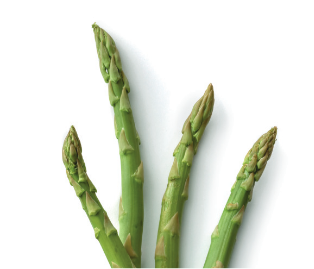
Asparagus
April - June
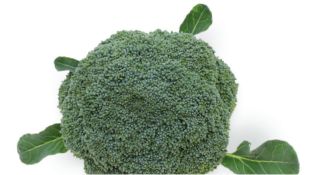
Broccoli
June - August
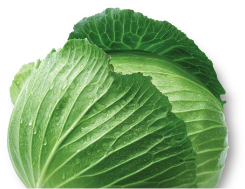
Cabbage
June - November
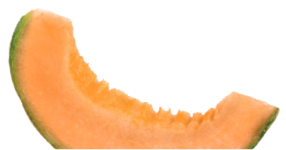
Cantaloupe
June - September
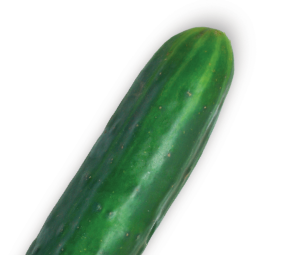
Cucumbers
June - October
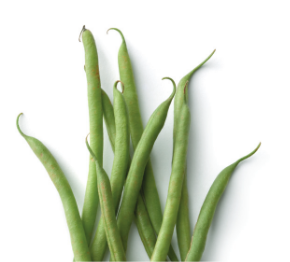
Green Beans
June - October
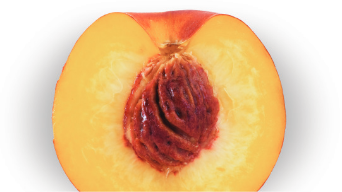
Peaches
June - September
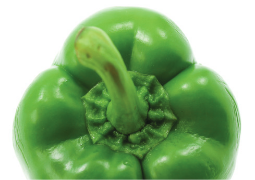
Peppers
July - October

Potatoes
June - August
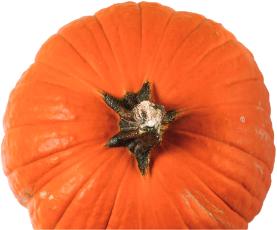
Pumpkins
August - November

Squash
July - September
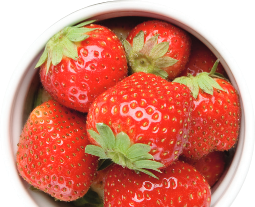
Strawberries
May - June
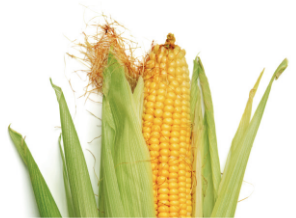
Sweet Corn
June - October

Tomatoes
June - October
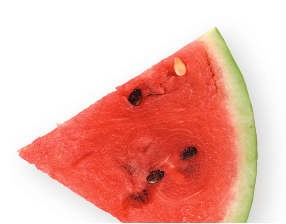
Watermelon
July - October
SHOPPING TIPS
- Look around the entire market and visit several WIC vendors.
- Take your time to decide what to buy and think about how you can make the most out of your purchase.
- Remember that fresh fruits and vegetables won’t stay fresh for long. Prevent food waste by buying smaller amounts of several items.
- The type of produce available changes throughout the season, so visit your local farmers market often.
- Produce will be priced per pound or for a specific dollar amount. Example: $3/lb OR 3 for $1.
- $30 per participant to spend at your local Farmers Market between June 1 - November 30.
- Look for the sign – “WIC Farmers Market Accepted Here”.
